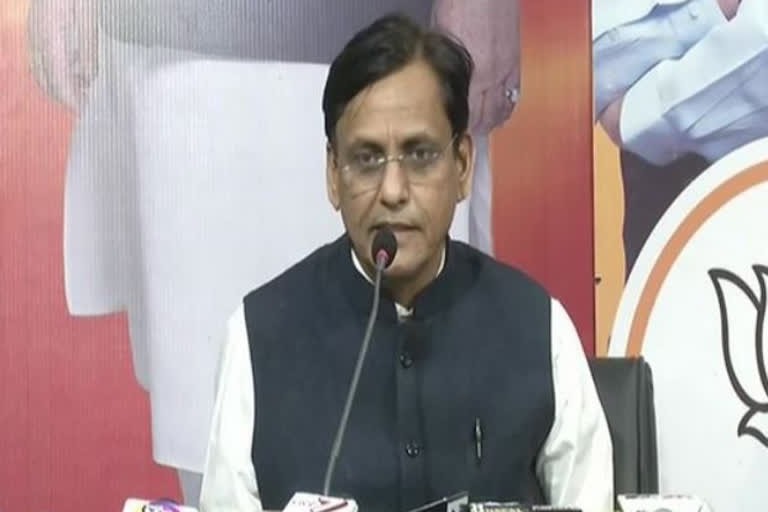New Delhi: A total of 4,557 Afghan nationals are presently staying in India on 'Stay Visa' after the extension of their visas, said Union Minister of State for Home Affairs Nityanand Rai on Wednesday.
Replying to a question in a written statement, the minister said, "In view of the prevailing situation in Afghanistan, the Government of India has started an 'e-Emergency X-Misc visa' for a period of six months for Afghan nationals."
Further, he said that 'Stay Visa' is granted to Afghan nationals staying in India keeping in view the present situation in that country.
"As of November 24 this year, 200 e-Emergency X-Misc visas have been issued," Rai added.
The MoS Home was replying to the question asked by Nationalist Congress Party MP Vandana Chavan.
Chavan asked "Whether the Government maintains data on refugee foreign nationals residing in India" and "the steps being taken to aid Afghan asylum seekers in India".
Read: Foreigners' Regional Registration Office's 'exit orders' for Afghans needs MHA's approval
Replying to Chavan's question about the details of legislation, policy and any schemes undertaken to ensure safety and standards of living of refugees in India, in absence of UN's Refugee Convention, the Minister said: "India is not a signatory to the 1951 UN Convention relating to the Status of Refugees and the 1967 Protocol thereon."
"All foreign nationals (including Asylum seekers) are governed by the provisions contained in the Foreigners Act, 1946, The Registration of Foreigners Act, 1939, The Passport (Entry into India) Act, 1920 and The Citizenship Act, 1955 and rules and orders made thereunder," he added.
"The data of foreign nationals who enter into the country without valid travel documents in a surreptitious and clandestine manner, claiming to be refugees or asylum seekers are not maintained centrally," the Minister said further.
Several Afghan Sikhs and Hindus fled the country and took shelter in India after the Taliban captured seven provincial capital cities; Gardez, Sharana, Asadabad, Maymana, Mihtarlam, Nili, and Mazar-i-Sharif, the fourth-largest city in Afghanistan on August 14 this year.
ANI
